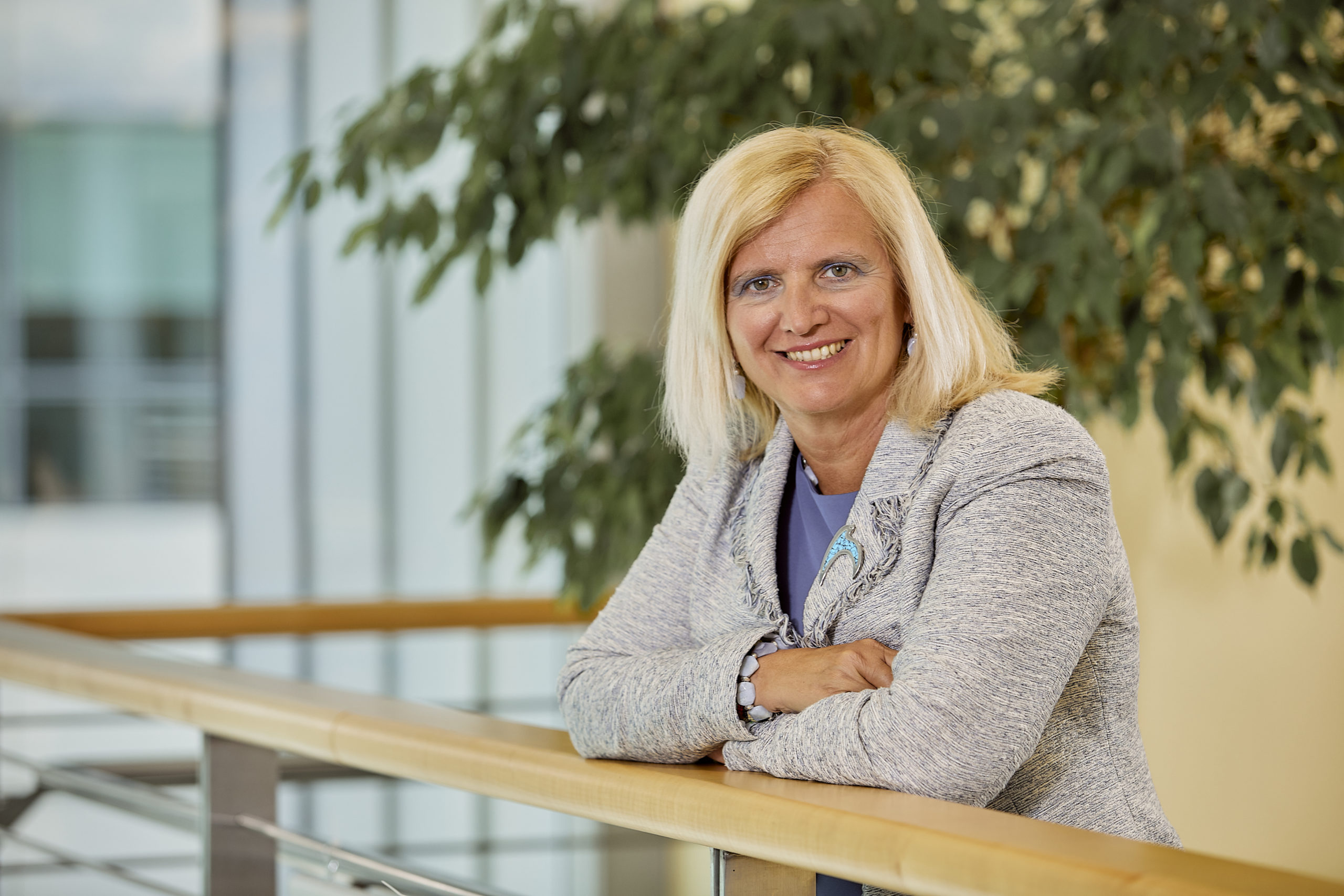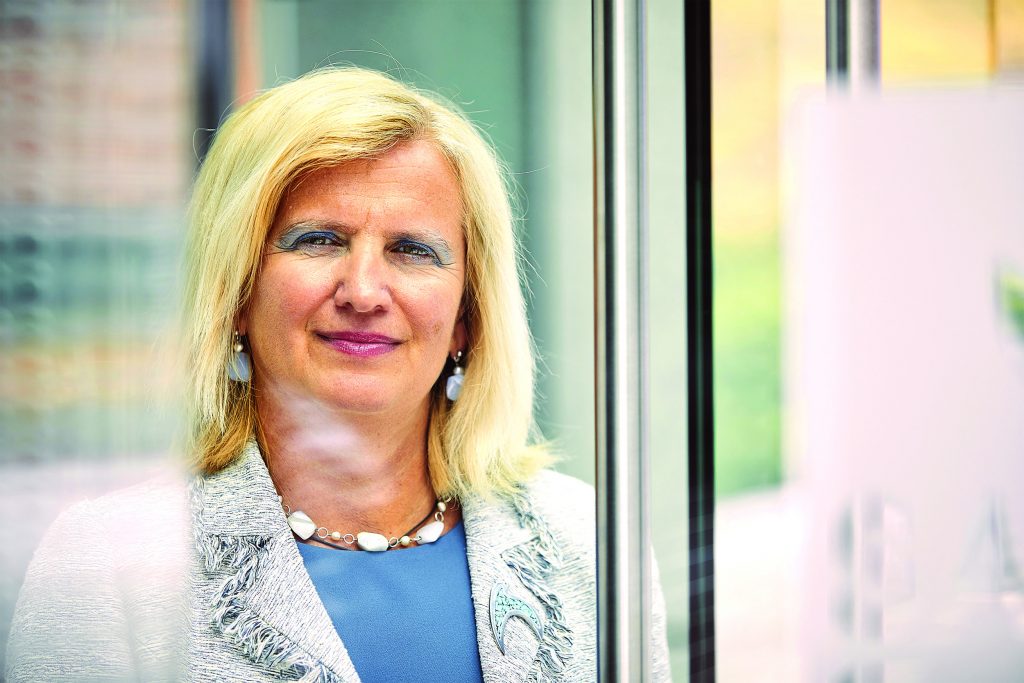
INTERVIEW WITH LAURA BRUNO ON AGILE WORKING
By the Editorial staff
A leading company in the health and prevention sector, in Italy Sanofi employs over two thousand people in four business units and four production sites. The innovative trade union agreement recently signed for the staff of its Milan and Rome offices projects the organisation of work into the future, sanctioning a mixed work method that allows individual employees to independently manage where, when and how to express their responsibility and their contribution to the company's results. In parallel, the company has developed a "smart working etiquette" to help manage the change, promoting work-life balance for employees. Laura Bruno, head of human resources for Sanofi Italy, explains some of these changes at Sanofi.
What is your approach to human capital management and how does this agreement fit into that approach?
Our approach to human capital has always focused on valuing the individual, sharing the company's objectives and contributing to their achievement. When people share the company's ambition and fit in, they are at their best. This agreement was signed in January 2021, but it is the result of a journey we have been on for the last few years. We started with smart working in 2014. Initially, it was possible for one day a week, then two, and then, thanks to the acceleration forced by Covid, we extended it to five days a week. Now we have decided to move to a mixed formula because we believe that social interaction and collaboration are key elements, but we want to give employees autonomy in how they organise their work and to go to the office when they feel it is necessary. With trust and responsibility, individual tasks can be carried out at home and when it is deemed useful to meet in person, work will be done from the office. The other central theme in the corporate culture enshrined in the agreement is the focus on diversity issues, i.e. the centrality of the individual, of the authentic person, with all their being. Here we have always paid great attention to the individual, regardless of, or particularly because of, their unique characteristics. Diversity as a value. The more diverse we are, the more we contribute because we bring differentiated approaches to issues.

At a time of significant change, but also of collective fatigue, what has been your approach to agile working?
We have managed this unprecedented time with care and firmness and speedy decision-making. The issue of security and people's psychological and physical well-being were already part of our DNA. We set up a whole series of projects with a psychologist to help with the difficulties caused by the stress and emotional upheaval of the moment. We invested in correct posture and ergonomics while working from home by promoting postural exercise sessions and Pilates, and we are now focusing on healthy eating. We have also organised several virtual camps for children, which we used to do in person. This has provided relief for the parents at home, even if only for a few hours a week. The discussion sessions on how to implement smart working, dedicated to managers and employees, were not classic training sessions but an opportunity to listen and share individual experiences. We are now investing in creating an all-round agile culture, because it is often assumed that agile working is the same as smart working, but it is much more than that: it is a change driven by a specific methodology, a way of working that focuses on empowering people and trusting them to be responsible and conscientious. We had some first experiences with this last year and now have an important pilot project underway that Luca Miglierina, HR Business Partner and D&I Lead at Sanofi, is carrying out with a specific business unit. We also took advantage of the launch of our new organisational culture called Play to Win to start agile working projects in other areas of the organisation.
What are the future challenges for Human Resources, including at the group level, and what is important for you to "invest in"?
We are experiencing a great deal of change in the company and at the sector level, and we are looking firmly at the challenge of digitalisation. Other challenges include providing access to more people around the world to healthcare, managing the pandemic – the issue of prevention and vaccines – these are important challenges for us from a business and organisational point of view. An important aspect of our new Play to Win policy is the value of courage. We hope to encourage this value in managers and all employees, to enable them to act with courage and accelerate a culture of risk-taking and not punishing people when they take the initiative, empowering people to give them the confidence to try new things and make mistakes. We also want to continue working on diversity and on dialogue, because it is one of our most valuable resources. This year we have set ourselves two key objectives relating to the issues of gender and disability, which we will continue to work on. There are many ongoing projects in terms of skills, and we are working from a position where we recognise that we all have different skills but common values. That is the value of D&I – that we all have the same values, even if they are expressed differently, because each of us is a complex individual, which is essential from a human resources point of view.